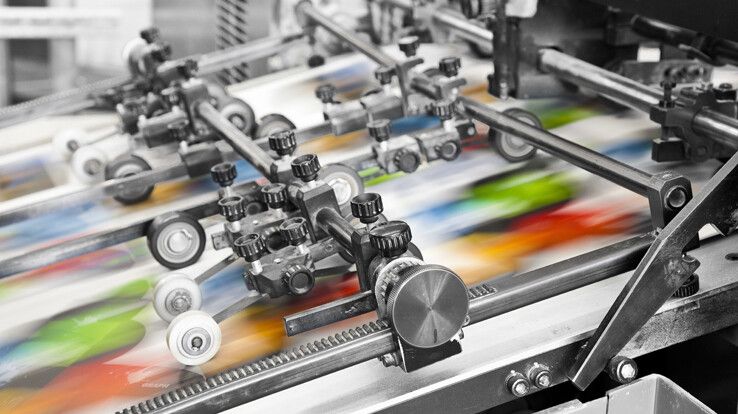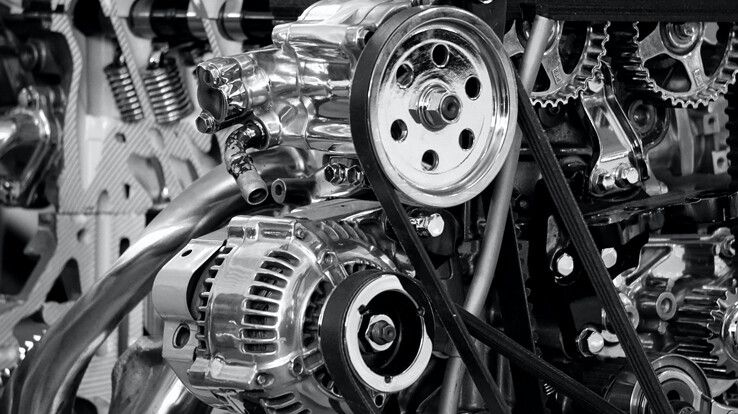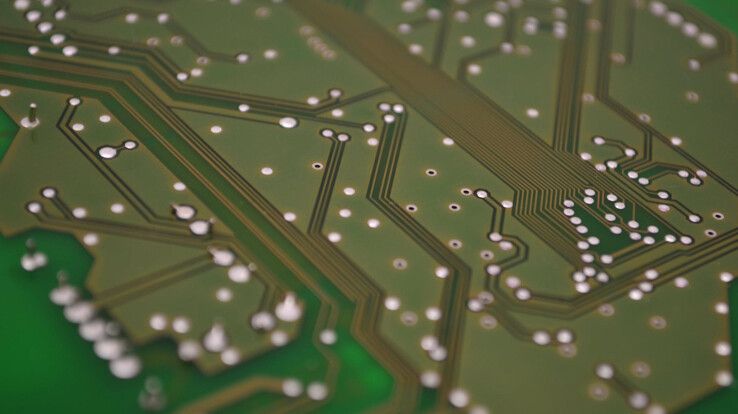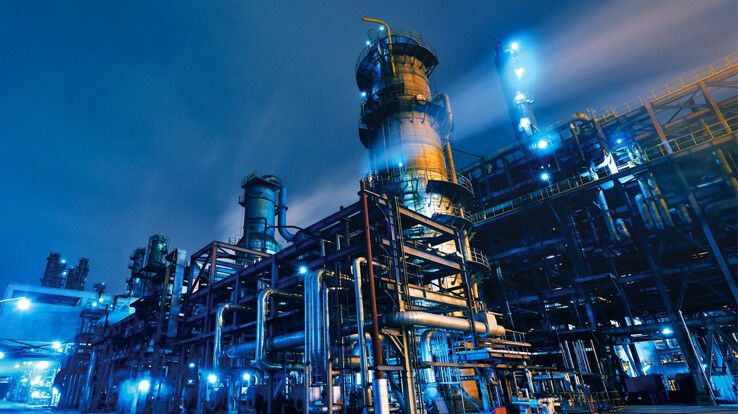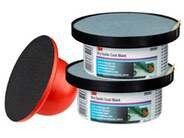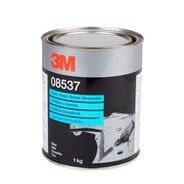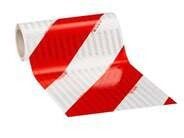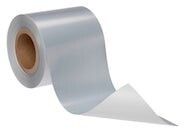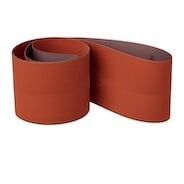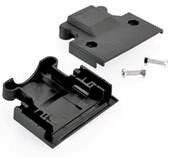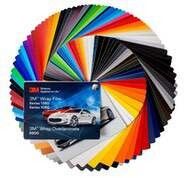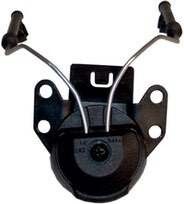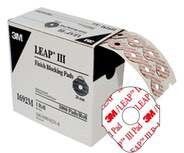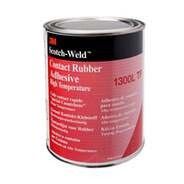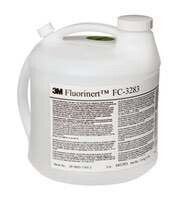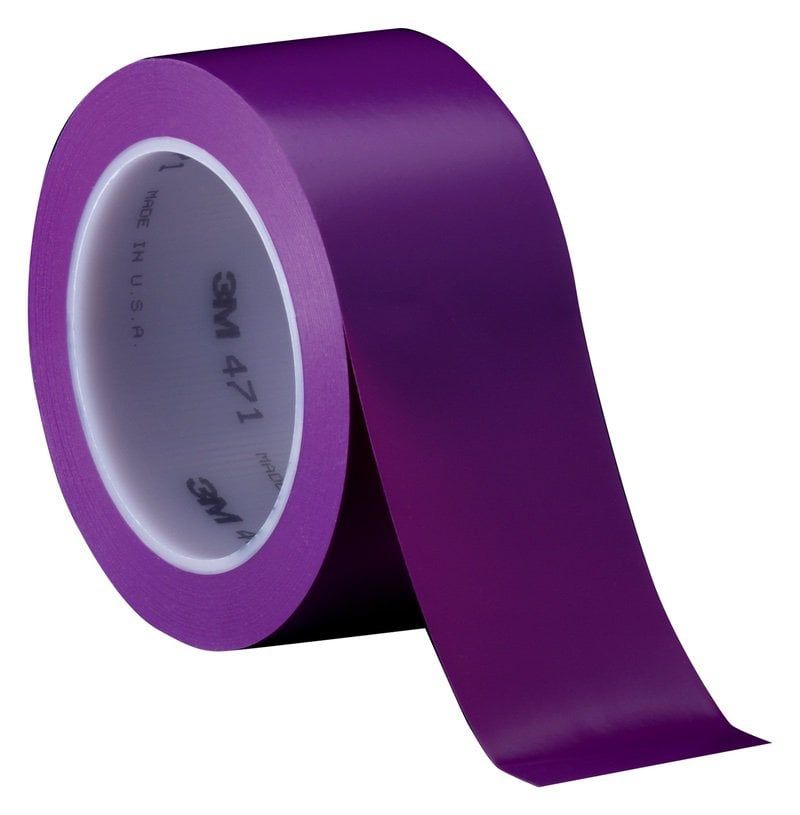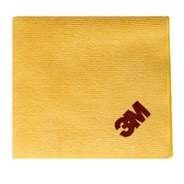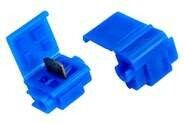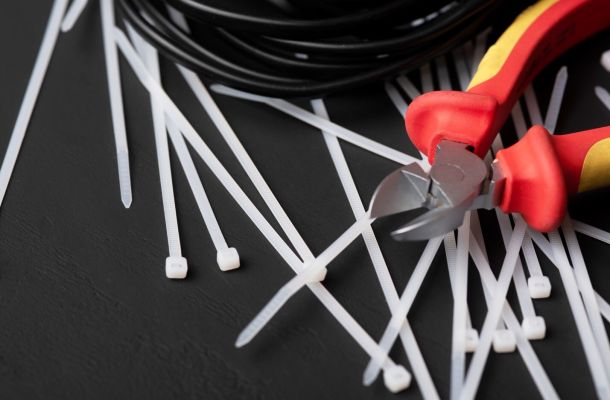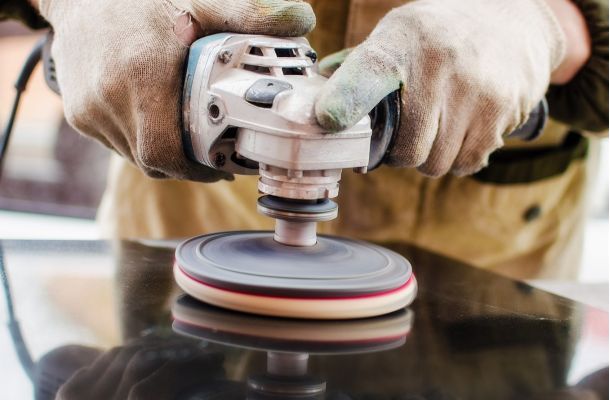What is epoxy resin?
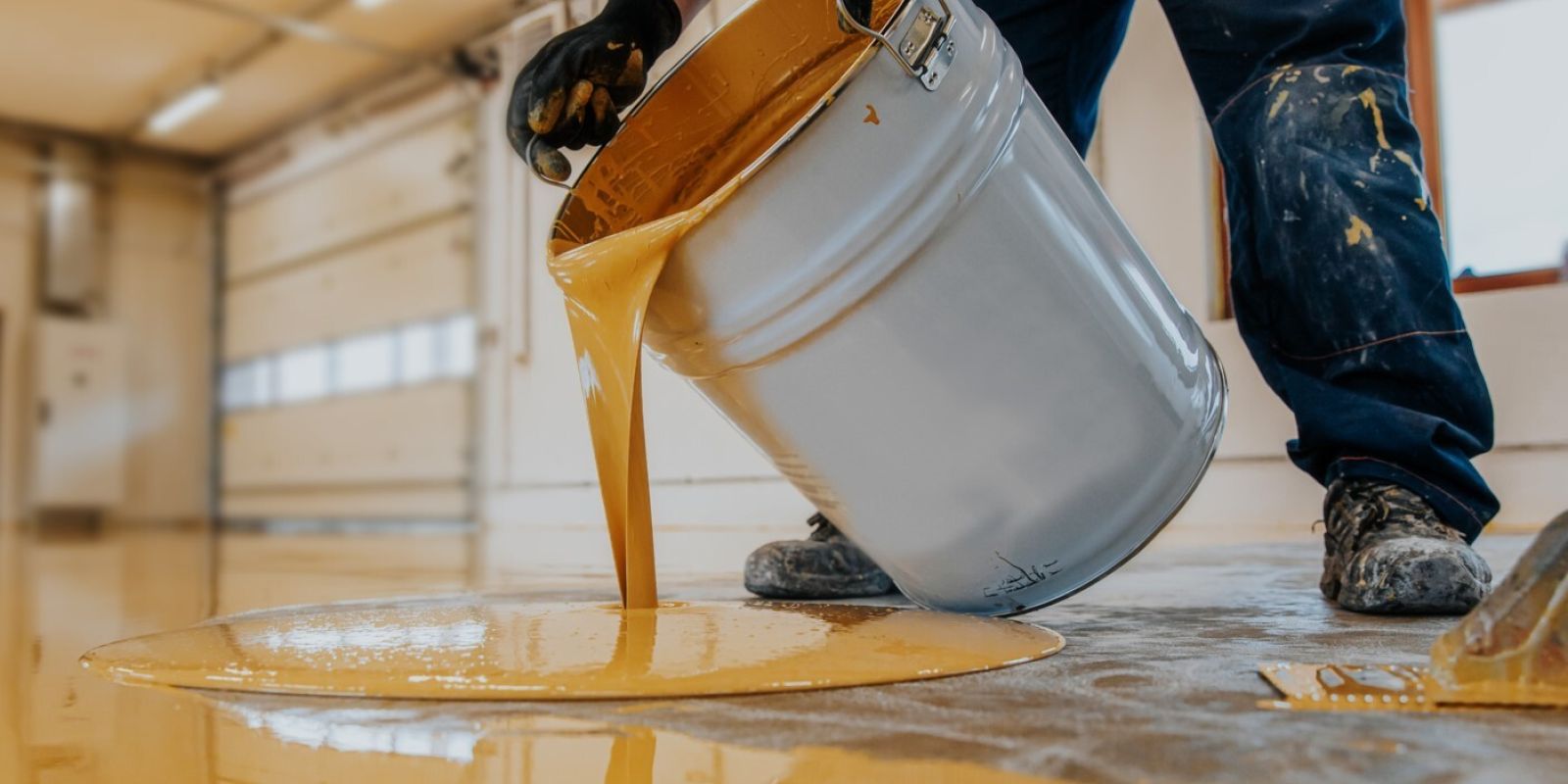

Epoxy resin is a synthetic plastic that starts in a liquid state and solidifies when its components encounter each other, initiating a process called cross-linking. The material possesses similar properties to natural plant resins but differs significantly in their chemical characteristics. It has a wide range of applications, primarily in the industrial sector. What is epoxy resin and what are its beneficial properties? We have discussed them in this article.
What material is epoxy resin?
Epoxy resin is an artificially produced material consisting of organic giant molecules. Before use, it is a liquid plastic, but it transforms into a solid state under specific environmental conditions. The base material can be epoxy, polyester, polyurethane, phenol, or urea. 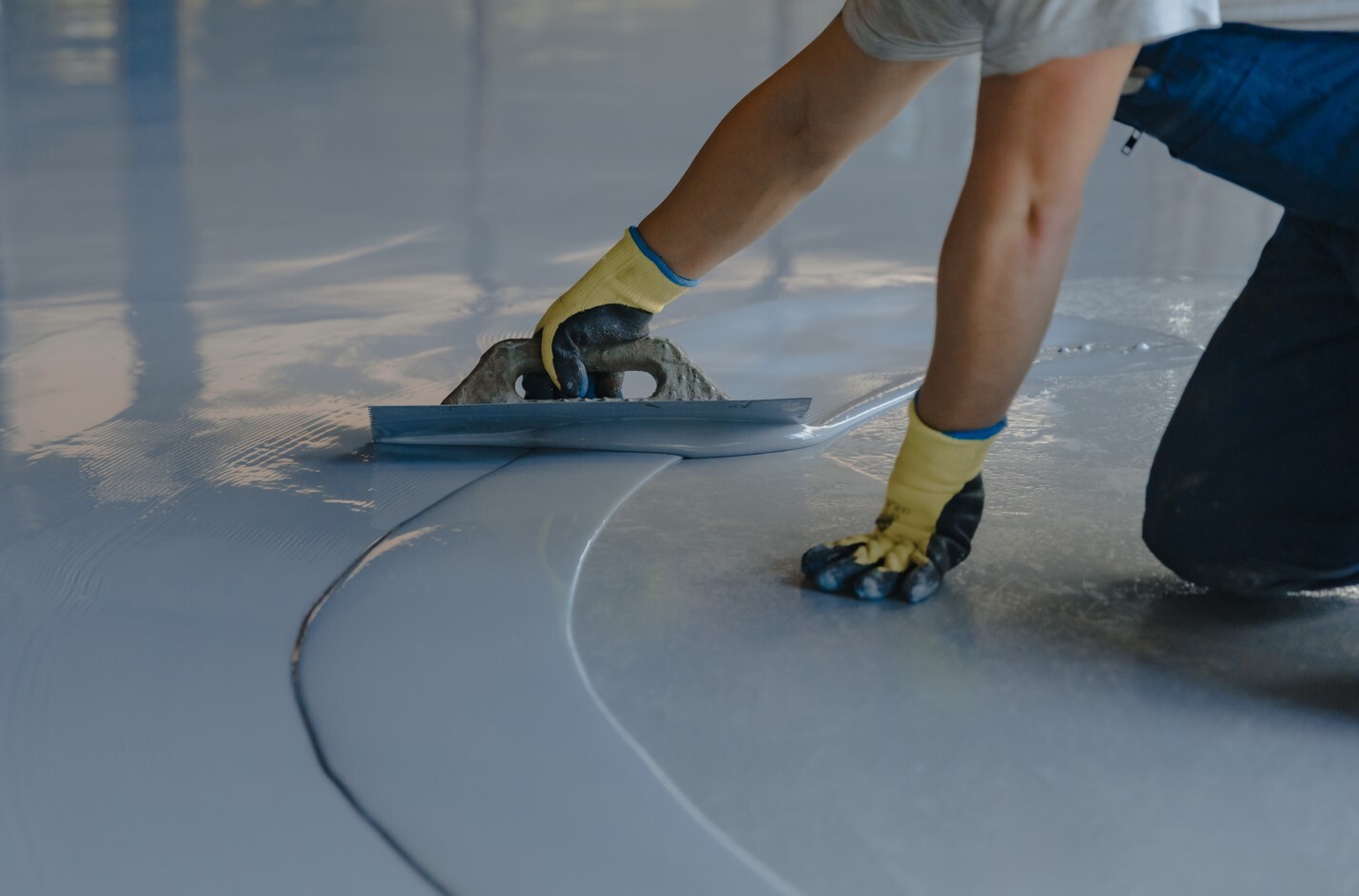
There are fundamentally two types: one-component and two-component variations. The former is made up of a single type of plastic, meaning it does not require an additional component for the cross-linking process. The material hardens either through a physical effect or through exposure to oxygen. The two-component epoxy resin consists of a base component and a cross-linking agent. The latter triggers the chemical reaction that solidifies the material. Therefore, if the two components are not mixed, cross-linking will not occur.
When selecting the appropriate epoxy resin, factors such as viscosity, adhesion and bonding ability, heat resistance, UV resistance, chemical resistance, adhesion time, and shrinkage should be considered.
Now that we have learned what epoxy resin is, let's explore its advantageous and disadvantageous properties!
Advantages of epoxy resin
Epoxy resin possesses numerous advantageous properties that make it a popular material. Let's discuss the most important ones!
Durability and resiliency
One of the greatest advantages of epoxy resin is its exceptional durability, flexibility, impact resistance, and resilience. It does not break or chip easily and can withstand external physical impacts. Epoxy resin is so strong that it maintains its quality over many years of use.
Chemical resistance
There are special types of epoxy resin that are completely resistant to powerful cleaning agents, chemicals, acids, and alkalis. Examples include epoxy resin and vinyl ester materials. It is important to note that the quality of the application significantly influences this property.
Water resistance
When exposed to moisture, a material must resist water. Epoxy resin does not encounter any problems with moisture, as it does not cause any damage to its structure. This means that epoxy resin can be used to create waterproof coatings and outdoor applications.
UV resistance
Sunlight and UV radiation can easily damage materials, weaken their structure, and fade their colour. However, this is not the case with epoxy resin. It is UV-resistant, maintaining its quality even under intense sunlight.
Versatile application
Epoxy resin is an incredibly versatile material due to its strong adhesion to surfaces. It works well as a flooring material, protective coating, for creating various decorative objects, and tables, and even as an adhesive.
Disadvantages of epoxy resin
In addition to its advantages, epoxy resin has a few disadvantages worth considering. Firstly, it is not the most affordable solution, and if not handled by the right professional, the result may fall short of expectations. Various tools and dispensers aid in the application of epoxy resin.
Despite its resistance to many effects, scratches are its enemy. Epoxy resin can be easily scratched, which compromises its aesthetic appearance. The phenomenon of volumetric shrinkage must also be considered when using epoxy resin. Various types of contamination become visible on its surface, so frequent cleaning is necessary to avoid a spotty floor.
Installing epoxy resin
One of the most common applications of epoxy resin is in the production of flooring. It is particularly popular in industrial environments due to its advantageous properties, such as its ability to withstand heavy wear and resistance to external influences.
Creating epoxy resin flooring requires the appropriate expertise, so it is essential to entrust the job to a professional. The process of resin coating is complex and involves several steps. First, the surface is sanded and roughened using sandblasting. It is then cleaned, and any potential flaws are repaired. These steps are necessary to ensure proper adhesion of the resin and the primer to the surface. Once the groundwork is prepared, the pouring process can begin, which can be challenging to execute well, neatly, and evenly.
Epoxy resin is primarily used in artistic and craft activities for modeling and casting objects of various shapes. It can also be used to create molds, allowing the production of multiple shapes repeatedly. Beautiful jewellery and decorative objects can be made from this material.
In commercial and household applications, epoxy resin is used to make food storage containers, bags, and candy molds, as well as equipment and furniture. Epoxy resin also finds its place in cosmetic products, such as hair styling products, where it can transform hair styling into a form of sculpting.
Flanker is a supplier for industrial players. Look at our web catalogue and explore our product range!
More articles
Flanker Plusz Kft.
Contact Details
Boti Street, 100.


